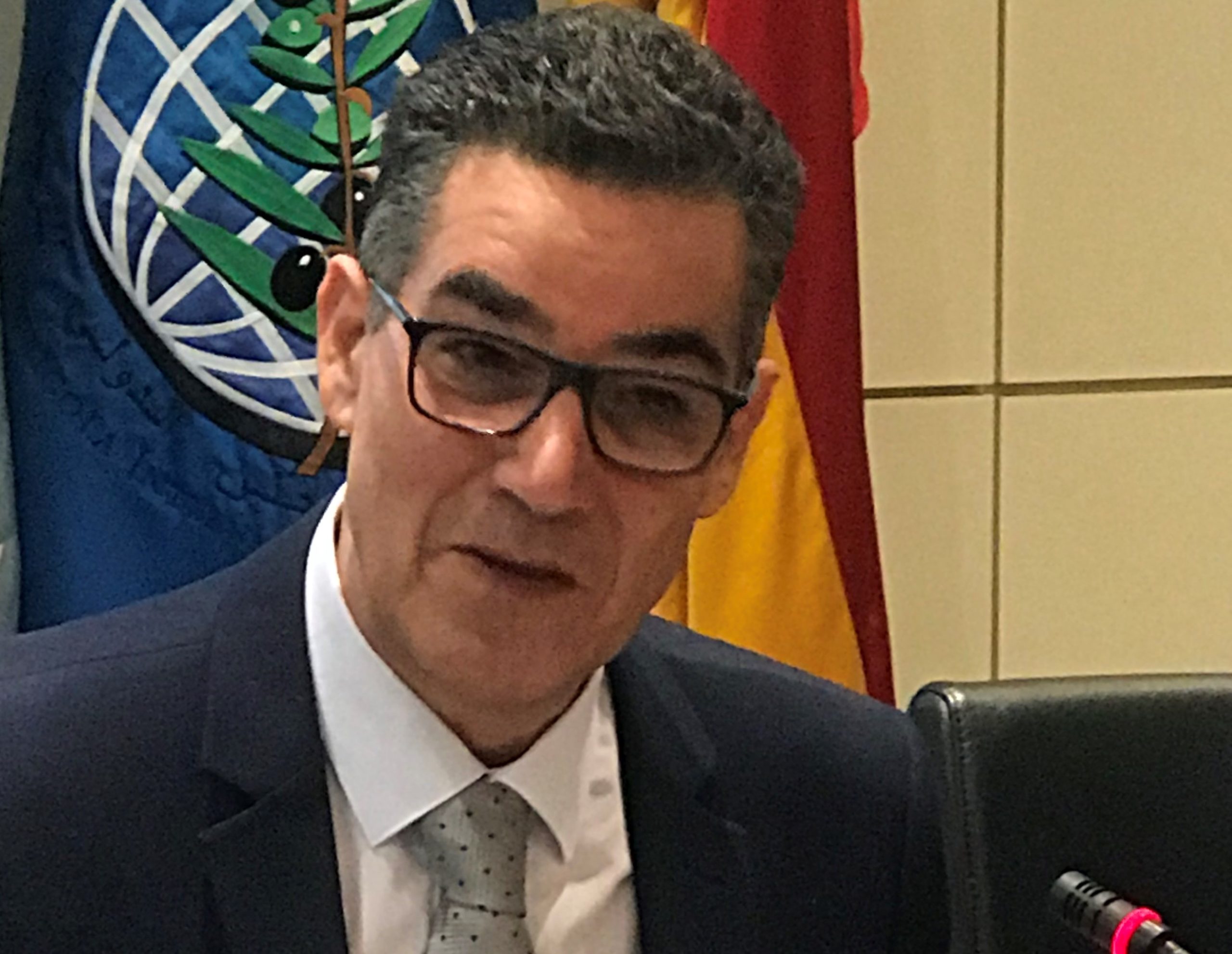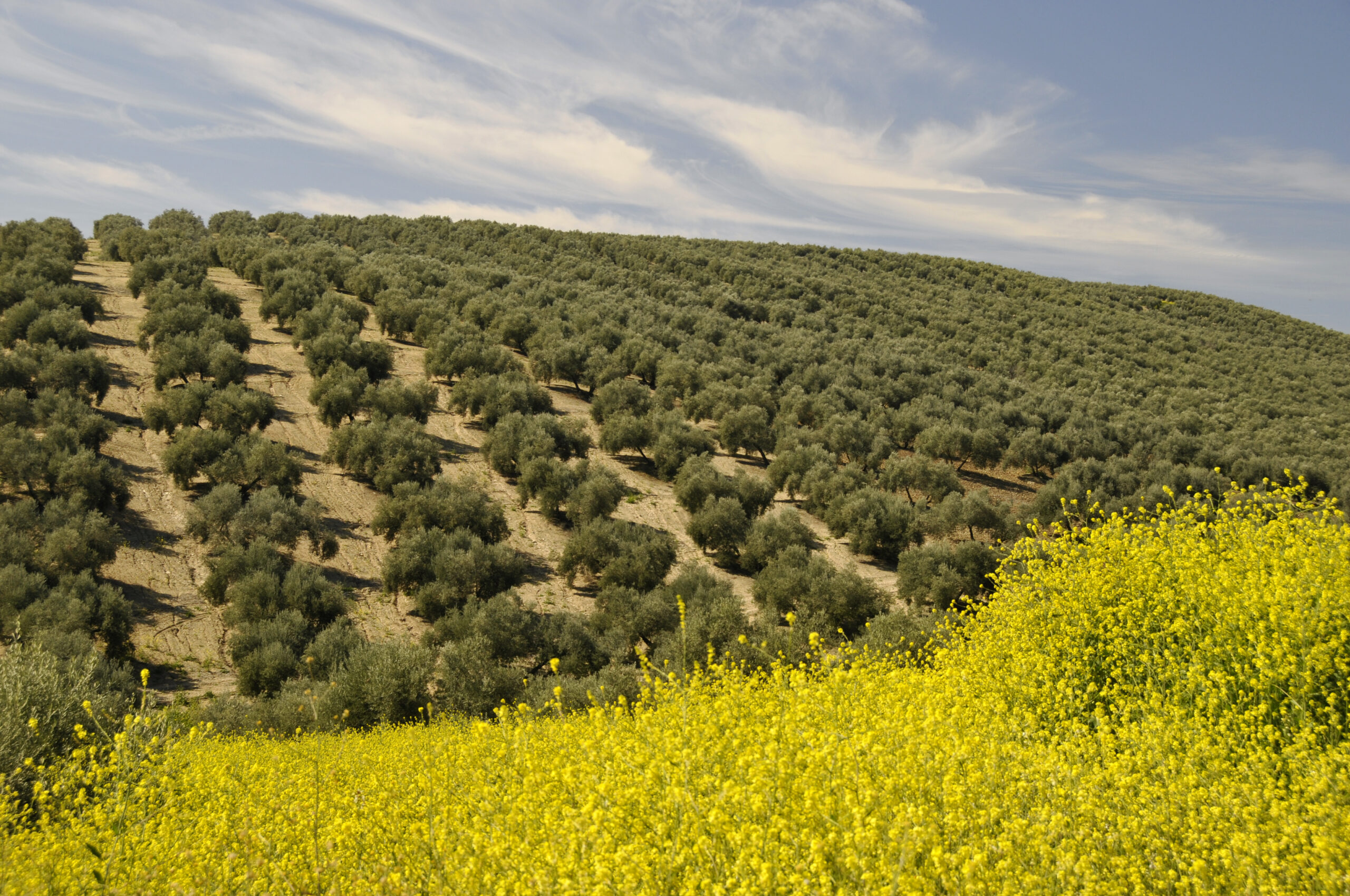The IOC celebrated World Olive Day on last 28 November with a ceremony attended by the delegations of the member countries, representatives of the sector, authorities and members of the diplomatic corps. At the event, the Executive Director, Abdellatif Ghedira (picture) read out a joint Declaration of all IOC member countries joining in the celebration of World Olive Day approved by UNESCO already. Under its call to “Choose olives to protect our planet and our health!” this declaration highlights the role of olive growing in the sustainable economic and social development of a number of countries, and as part of the solution in combating global warming.
WORLD OLIVE DAY
This year, the member countries of the International Olive Council will hold a joint celebration of World Olive Day with a common message: Choose olives to protect our planet and our health!
Founded in 1959, the International Olive Council currently brings together 94% of olive oil and table olive producing countries.
As the only global institutional forum for the olive industry, its main missions are to work for the harmonisation of national and international regulations to ensure a better control of product quality and consumer protection; coordinate studies on the properties of olive oil and table olives; promote cooperation and research and study the impact of olive growing on the environment; publish information and statistics on the world olive and olive oil market; and promote consumption and the expansion of the international trade in olive products.
The olive tree, with its roots in the Mediterranean, is a universal symbol of peace and harmony. It has now spread to the five continents and contributes to sustainable economic and social development and the preservation of natural resources in many countries.
As an agent in combating global warming, olive growing has a positive carbon balance, sequestering more CO2 in its growth cycle than the greenhouse gases emitted in the production process of virgin and extra virgin olive oil.
Olive oil and table olives, as a proven source of nutrition and health, and key ingredients in the Mediterranean diet, offer a wide variety of aromas and flavours, opening up an abundance of culinary possibilities that are increasingly appreciated by the world’s most renowned chefs. Furthermore, the action of their many therapeutic properties in preventing certain diseases is now widely recognised.
Countries that join the International Olive Council by adhering to the new International Agreement on Olive Oil and Table Olives, which has been deposited with the United Nations, are supporting the olive sector, sustainable economic and social development and the protection of our planet and health.









